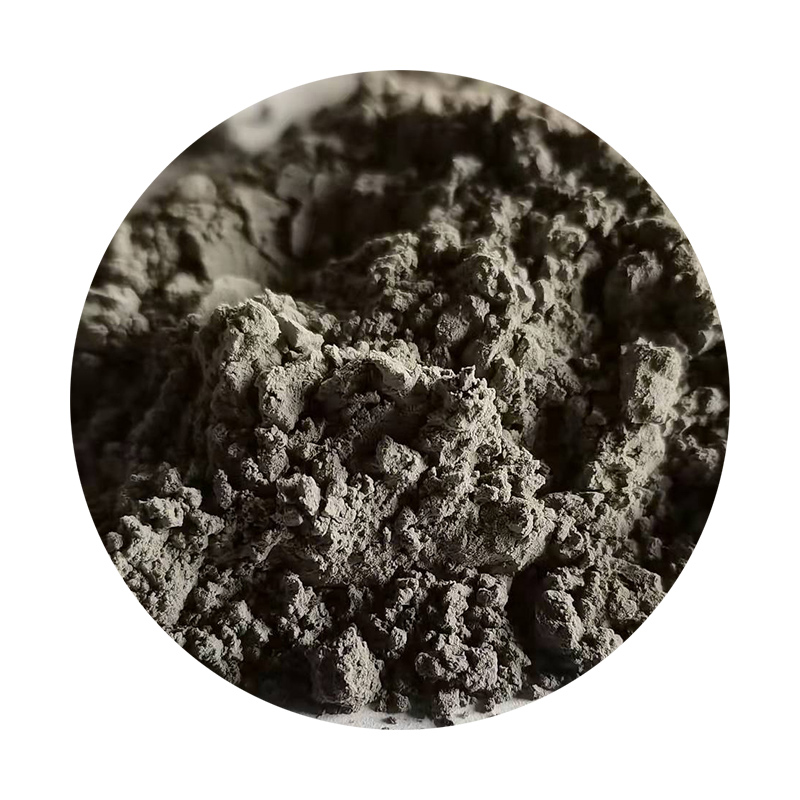Facing Sand in Foundry An Essential Component for Quality Casting
In the foundry industry, the production of high-quality castings is paramount, and one of the critical elements influencing the final product is the type of sand used in the molding process. Among the various types of foundry sands, facing sand plays a crucial role in determining the surface quality of castings, making it an essential component in the foundry's operations.
Facing Sand in Foundry An Essential Component for Quality Casting
The selection of quality facing sand is vital for achieving optimal casting performance. It is often chosen based on specific criteria, such as grain size, shape, and consistency. Finer grains are generally preferred as they allow for a better finish on the cast surface, while angular grains can provide superior strength and resistance to deformation. Additionally, additives may be included in the facing sand mixture to enhance its thermal properties and binding capabilities, ensuring that it adheres properly to the mold.
facing sand in foundry

One of the significant challenges foundries face in using facing sand is the formation of defects in the castings, such as sand inclusions or surface roughness. To mitigate these issues, foundries must pay close attention to the mixing ratios and methods used when preparing the facing sand. Proper control of moisture content is also crucial, as too much moisture can lead to expansion and cracking, while too little can result in poor adherence.
Moreover, the reusability of facing sand increases its economic value. Foundries often develop procedures to reclaim and reuse facing sand, thus minimizing waste and reducing costs. However, the sand must be carefully processed to remove any contaminants and restore its fine texture before reapplication. Properly managed, this not only ensures consistency in quality but also contributes to sustainable practices in the foundry industry.
In conclusion, facing sand is an indispensable material in the foundry sector, significantly impacting casting quality. Its unique properties help produce castings that meet stringent surface finish requirements while minimizing defects. By selecting the right type of facing sand and employing meticulous processing techniques, foundries can improve their overall productivity and ensure the manufacture of superior casting products.
Post time:10 月 . 02, 2024 14:20
Next:sand casting description
